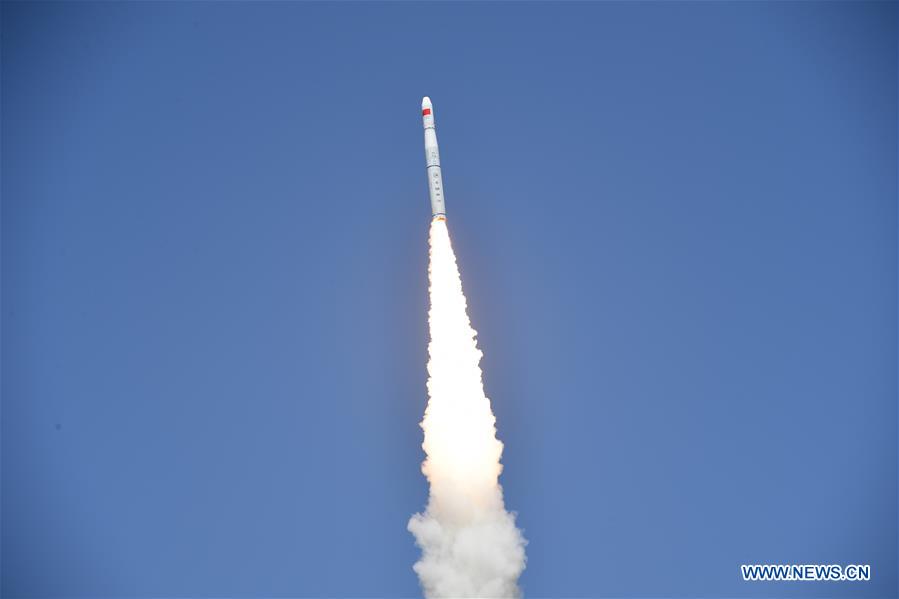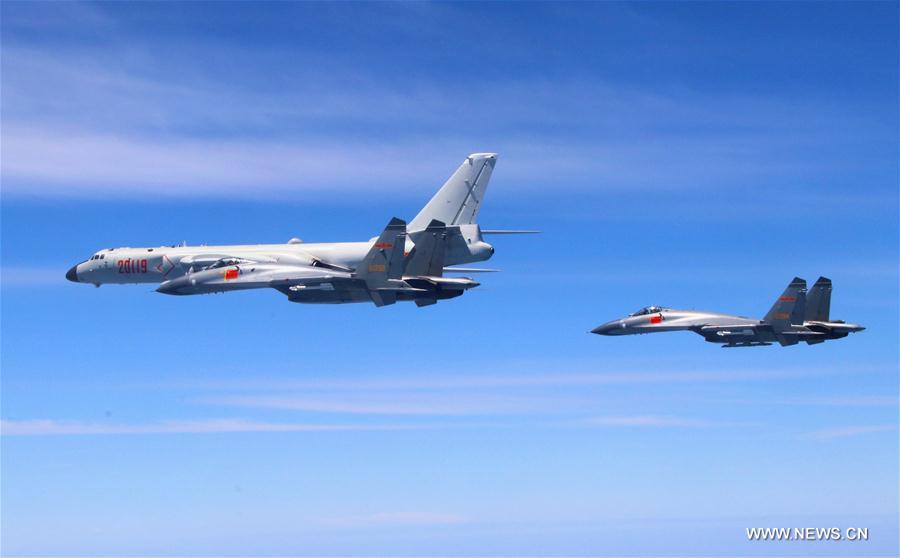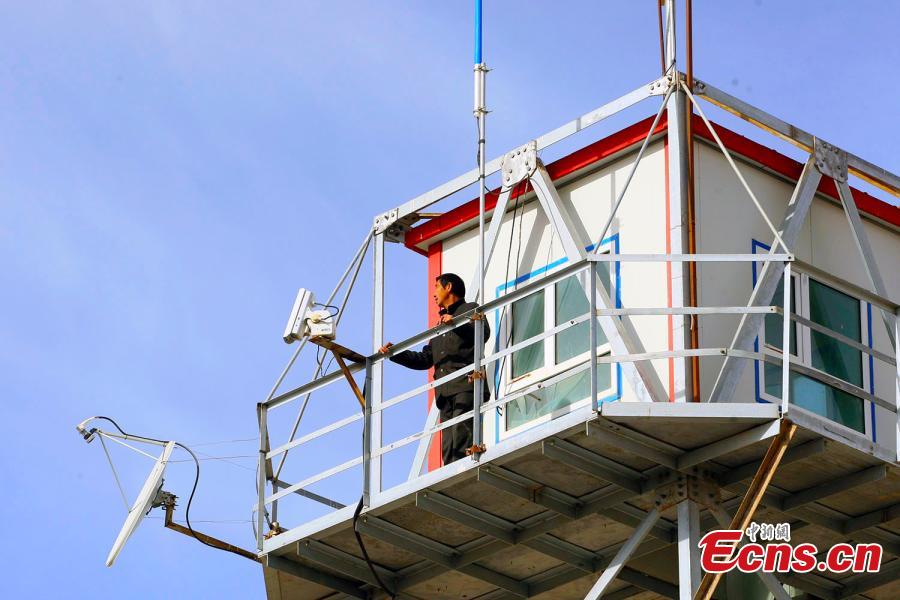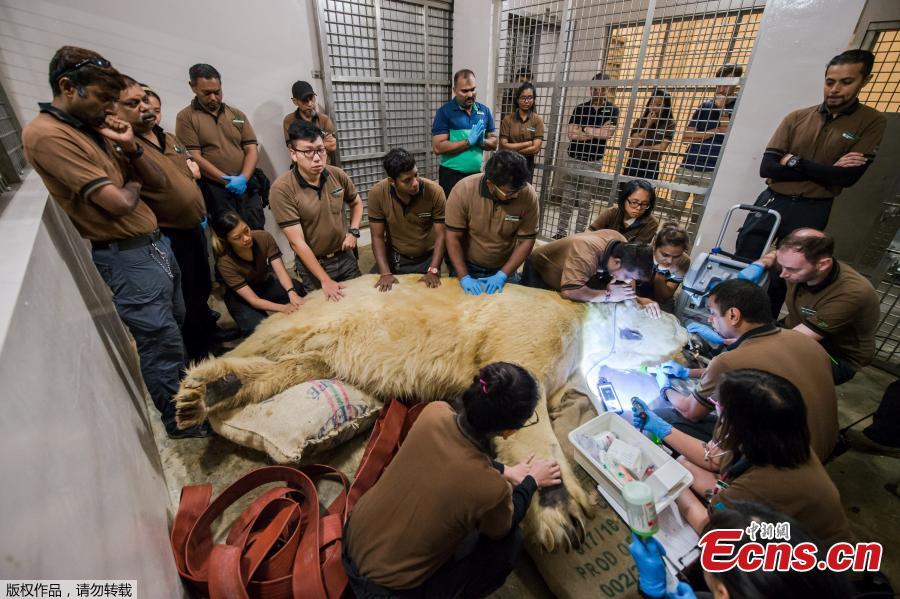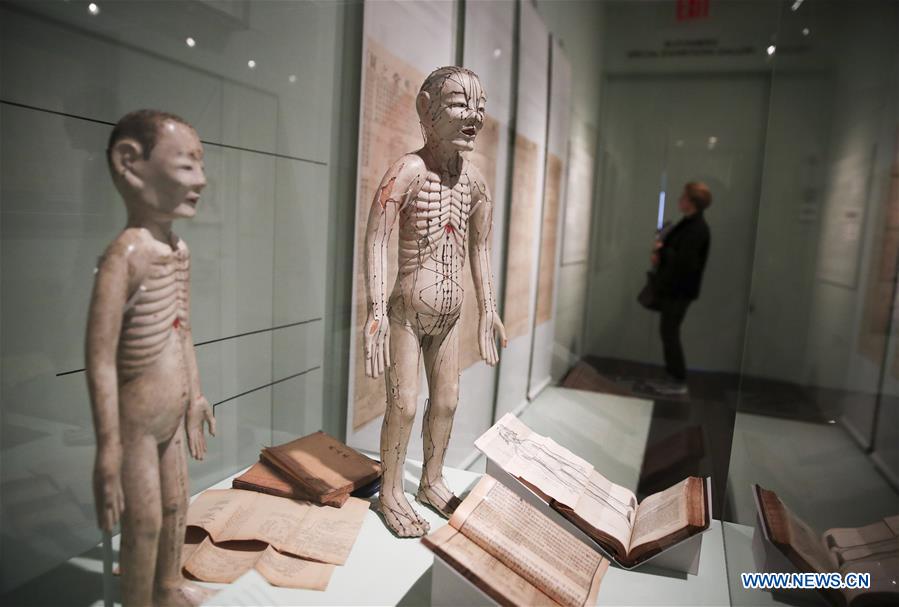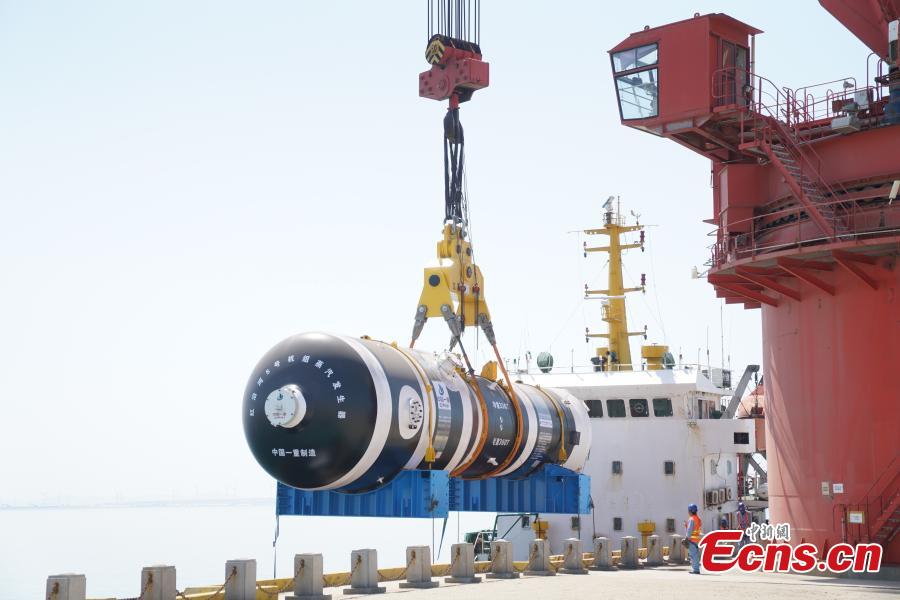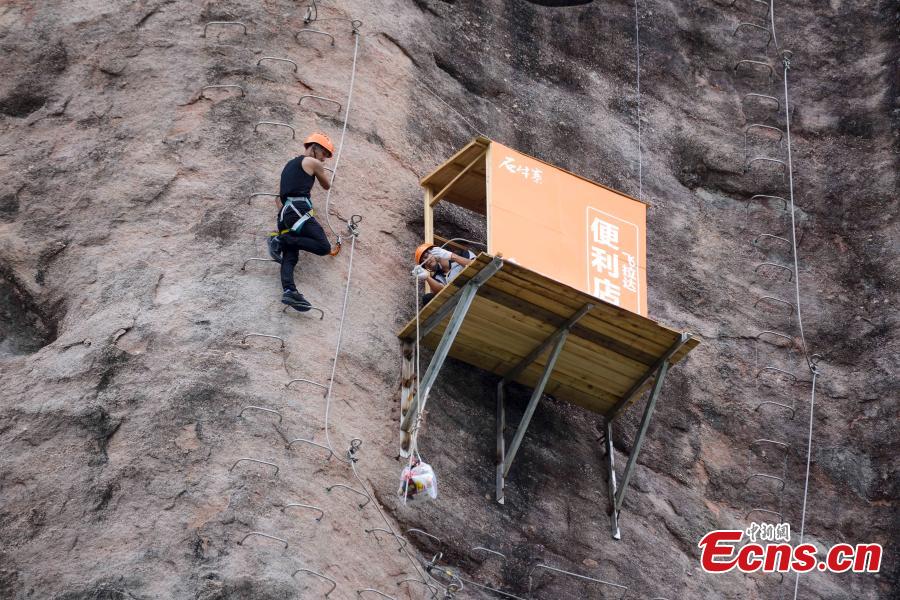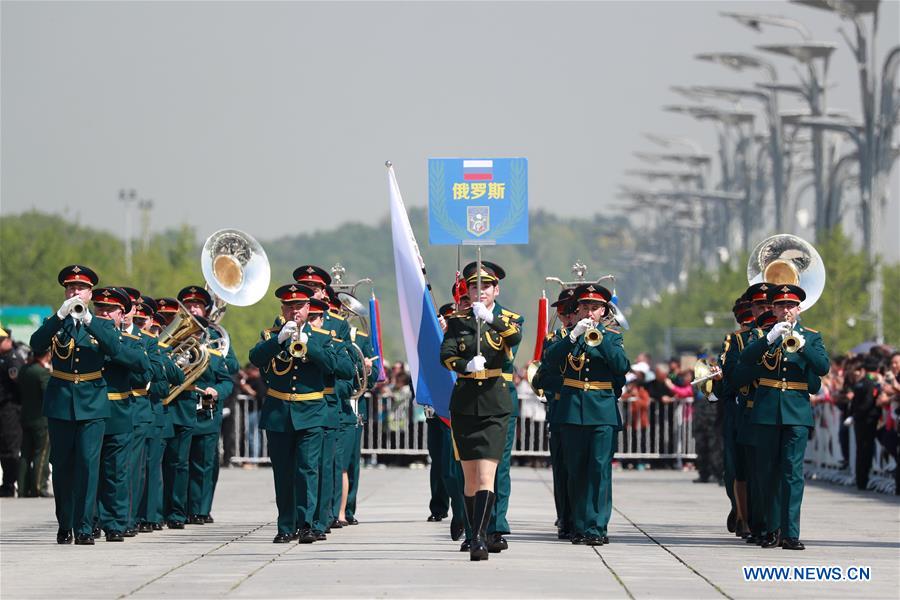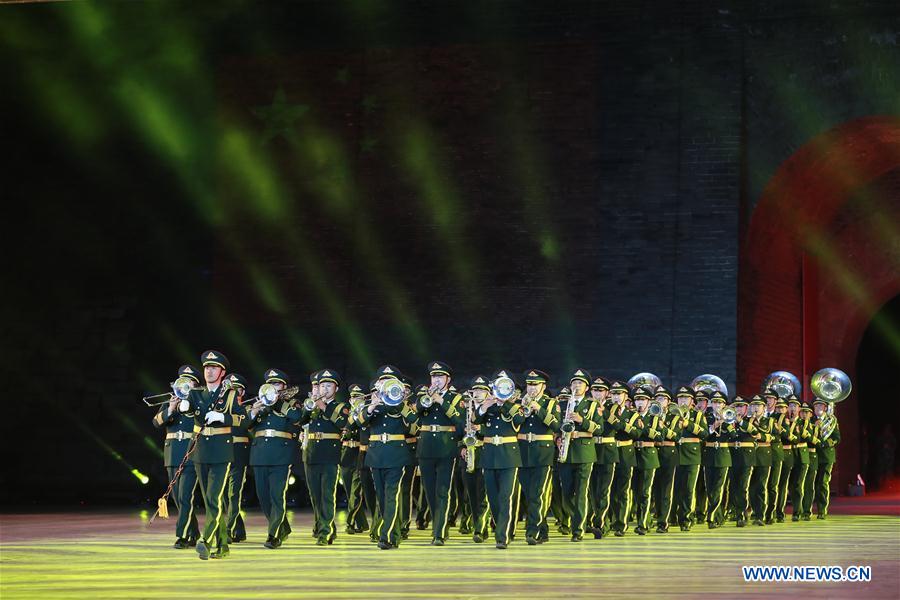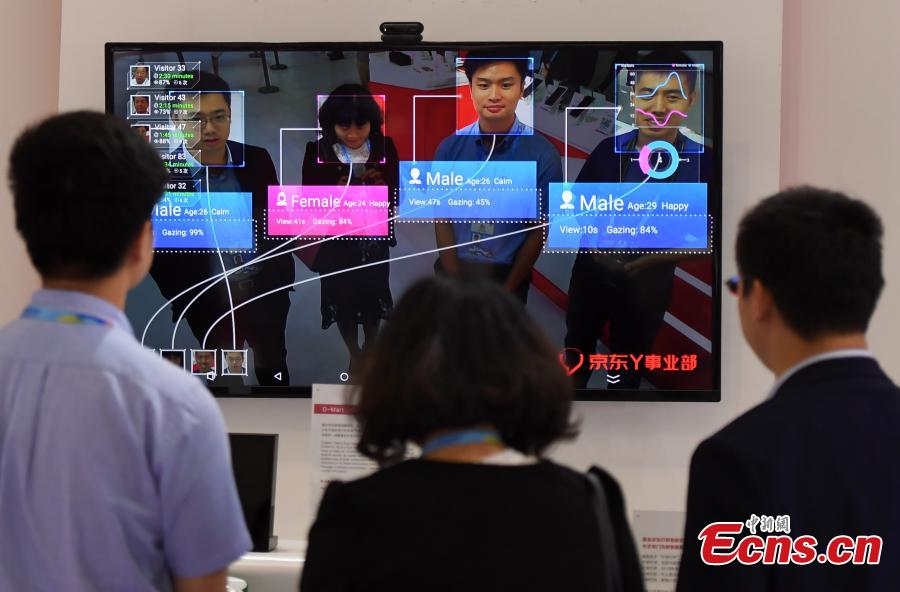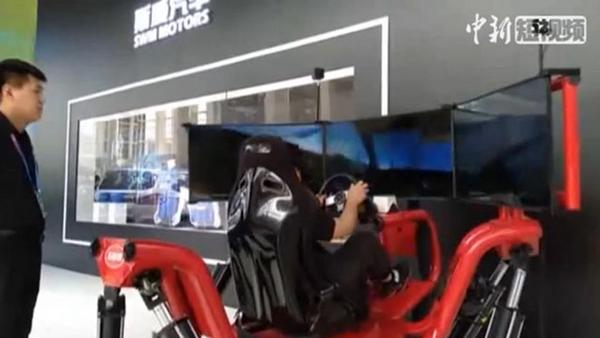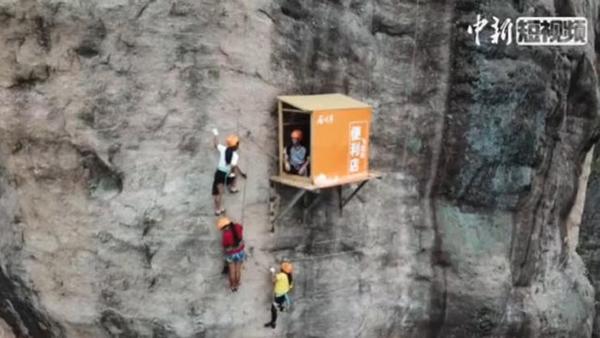Likely to replace current one at all civilian airports
The people's privacy and well-being are the focus of China's new AI-powered security system developed by the country's top State-owned high-tech company, said the system's chief designer on Thursday.
The No.35 Institute of the 3rd Academy of the China Aerospace Science and Industry Corporation (CASIC) unveiled its 3D Millimeter-wave personal screening security system at a press event on Wednesday.
The new artificial intelligence-powered system is capable of detecting 89 types of hazardous articles, including non-metallic substances such as corrosive, flammable and combustible liquid and gum forming compounds undetectable by current security screening system of China.
It is 95 percent accurate and only takes 0.7 seconds, while the electromagnetic radiation level is less than 0.0014 milliwatts per square centimeter, according to an institute statement sent to the Global Times.
"Using military technology in a civilian security system makes it safer, and focuses on the public's well-being," Hu Lin, the system's chief designer, told the Global Times.
Compared to current X-ray screening machines, the new product works at much lower radiation levels, about 0.1 percent of cell phone signals, the statement said.
"The millimeter-wave system has been examined by the country's inspection departments, and its working radiation rate data has been disclosed to the public. Hopefully, the public will not worry about security checks anymore," Hu noted.
The AI integrated system also regularly updates its recognition of emerging contraband through platform updates "as easily as updating your phone applications," the statement added.
Such a security system best reflects civil-military integration, as its core technology, ranging from its physical design to radar detector, comes from military research, the institute stressed in the statement.
The new system has been tested at airports in Northwest China's Xinjiang Uyghur Autonomous Region as well as South China's Hainan and Guangdong provinces. Its performance has earned high praise, a publicity department employee at the institute, surnamed Zhao, told the Global Times.
The institute said taking privacy protection into consideration, the system projects an image of the person on a monitor while processing the person's face and private parts.
The new system is likely to replace the current one at all of China's civilian airports, the institute said in the statement.









